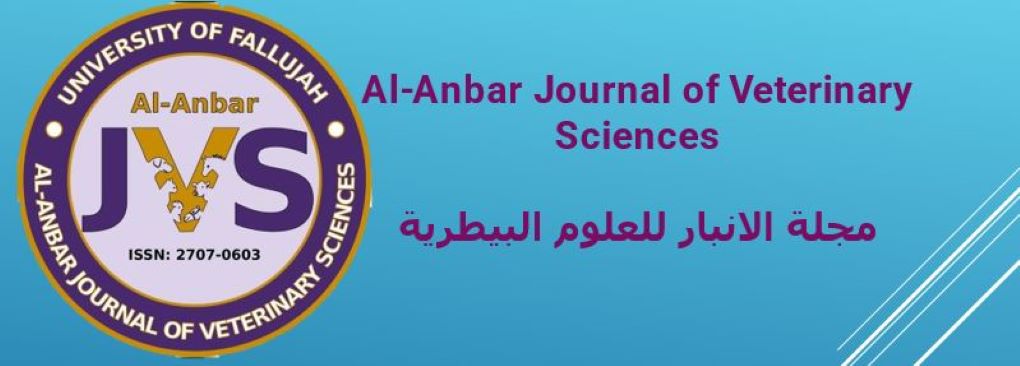
| Research Article | ||||||||||||
AJVS. 2022; 15(1): 34-42 Clinical and Histological Aspects of Cryptorchidism in Dogs and Cats Othman J. Ali, Talib G.M. Ali, Goran M. Raouf, O. I. Dana.
| ||||||||||||
| How to Cite this Article |
| Pubmed Style Ali OJ, Ali TG, Raouf GM, Dana OI. Clinical and Histological Aspects of Cryptorchidism in Dogs and Cats. AJVS. 2022; 15(1): 34-42. doi:10.37940/AJVS.2022.15.1.5 Web Style Ali OJ, Ali TG, Raouf GM, Dana OI. Clinical and Histological Aspects of Cryptorchidism in Dogs and Cats. https://www.anbarjvs.edu.iq/?mno=302657445 [Access: December 14, 2024]. doi:10.37940/AJVS.2022.15.1.5 AMA (American Medical Association) Style Ali OJ, Ali TG, Raouf GM, Dana OI. Clinical and Histological Aspects of Cryptorchidism in Dogs and Cats. AJVS. 2022; 15(1): 34-42. doi:10.37940/AJVS.2022.15.1.5 Vancouver/ICMJE Style Ali OJ, Ali TG, Raouf GM, Dana OI. Clinical and Histological Aspects of Cryptorchidism in Dogs and Cats. AJVS. (2022), [cited December 14, 2024]; 15(1): 34-42. doi:10.37940/AJVS.2022.15.1.5 Harvard Style Ali, O. J., Ali, . T. G., Raouf, . G. M. & Dana, . O. I. (2022) Clinical and Histological Aspects of Cryptorchidism in Dogs and Cats. AJVS, 15 (1), 34-42. doi:10.37940/AJVS.2022.15.1.5 Turabian Style Ali, Othman J., Talib G.M. Ali, Goran M. Raouf, and O. I. Dana. 2022. Clinical and Histological Aspects of Cryptorchidism in Dogs and Cats. Al-Anbar Journal of Veterinary Sciences, 15 (1), 34-42. doi:10.37940/AJVS.2022.15.1.5 Chicago Style Ali, Othman J., Talib G.M. Ali, Goran M. Raouf, and O. I. Dana. "Clinical and Histological Aspects of Cryptorchidism in Dogs and Cats." Al-Anbar Journal of Veterinary Sciences 15 (2022), 34-42. doi:10.37940/AJVS.2022.15.1.5 MLA (The Modern Language Association) Style Ali, Othman J., Talib G.M. Ali, Goran M. Raouf, and O. I. Dana. "Clinical and Histological Aspects of Cryptorchidism in Dogs and Cats." Al-Anbar Journal of Veterinary Sciences 15.1 (2022), 34-42. Print. doi:10.37940/AJVS.2022.15.1.5 APA (American Psychological Association) Style Ali, O. J., Ali, . T. G., Raouf, . G. M. & Dana, . O. I. (2022) Clinical and Histological Aspects of Cryptorchidism in Dogs and Cats. Al-Anbar Journal of Veterinary Sciences, 15 (1), 34-42. doi:10.37940/AJVS.2022.15.1.5 |








